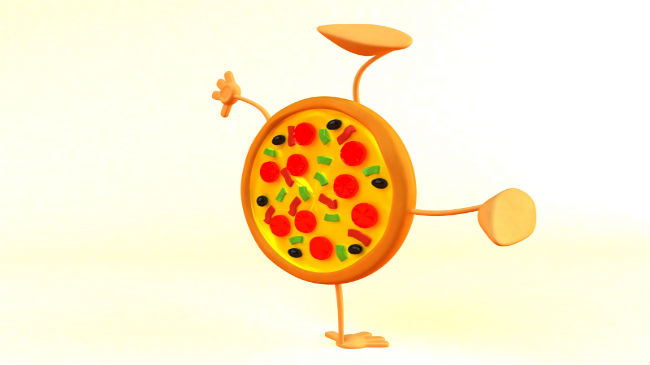
The Health Halo: 5 Common Food Misconceptions

Whether you are trying to lose weight, eat healthy or follow a regulated diet to combat lifestyle disorders like diabetes or hypertension, you may feel overwhelmed by the number of food theories or trends out there! These change quite often and it’s hard for you, the average consumer to really know the truth behind the theory!
But don’t worry, we’re here to help as we debunk 5 common food misconceptions that may be holding you back from healthy, happy eating!
#1 Carbs make you fat.
We’ve all heard this one. Spurred on by the trend in the west, several people were looking to say goodbye to carbs forever. But are they really all that bad? Let’s take a look…
Carbohydrates are sugars than can be simple or complex in nature. Carbohydrates provide 4 kcals per gram and are the main source of fuel for the body. On their own, Carbohydrates are neither good nor bad, but the type of carbohydrate consumed in what form and amount decides the role play in our body.
Diabetics make note, you don’t need to banish carbs from your life -carbs are not bad for you but rather the timing the type of carbohydrate and the amount is what you should watch for.
#2 "Fat free" or "low fat" is calorie free
It is mistakenly believed that "low-fat" is equal to "low calorie". But in fact, these versions are only few calories lower than their regular versions. Lots of people tend to let down their guard when they think something is low fat. It’s a tempting lure on food labels and on restaurant menus.
Studies found that people who chose low-fat snacks end up consuming even more calories compared to their counterparts who select regular snacks. So next time you’re out for a meal or shopping, remember it’s the quantity you consume not the fat content that makes the real difference.
#3 A vegetarian diet is protein deficient
Didn’t you think so too? A vegetarian diet is perceived that way because we think that meat is the best available source of protein. But we also now know that eating protein at high levels can be bad for us. So vegetarians, don’t despair- dals and lentils, seeds and grains are all good sources of protein.
Simply eat a variety of these foods every day to make sure you get the best balance of essential amino acids. These plant proteins also provide an added benefit of antioxidants and phytochemicals that ward off a range of diseases.
#4 All fats are bad for you
False! Ideally, oils and fats should constitute about 20%-25% of energy providing sources. Fats and oils are important to maintain a healthy radiant skin, eyesight, brain development in children and provide the body with fat soluble vitamins. It supplies the body with essential fatty acids that cannot be produced by the body. Healthy fats include monounsaturated and polyunsaturated fats, found in nuts and seeds, olives, olive oil and avocados.
Good fats also include omega-3 fatty acids found in soybeans, dark green vegetables and oily fish. Healthy fats have been shown to help decrease total cholesterol levels, while omega-3 fats in particular have been shown to have many other health properties.
#5 What you eat matters more than how much
Everything in moderation is one of the key rules to healthy eating. The fallacy that healthy meals can be eaten without any portion restriction can lead to great health problems. Portions today are far much larger than in the past, which often means we are taking in far more calories than we realize.
At home we serve ourselves larger portions than what we need. When more food is put in front of us we generally tend to eat more and all of these factors have contributed to the growing obesity problems and related health problems that come with it. Larger plates, cup holders, pack of chips, bottle of soda are becoming the norm.
Remember to listen to your body for your nutritional needs and when you snack, be sure that you don’t over-indulge on your favorites.
So as you set yourself on the path to happy, healthy eating, keep these misconceptions in mind and you’ll find that may be you don’t have to give up your favorite food but rather focus on moderate quantities for a healthy lifestyle.











